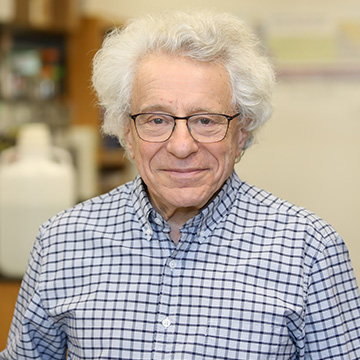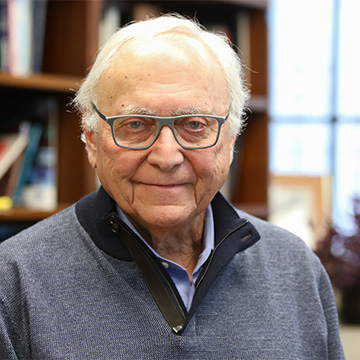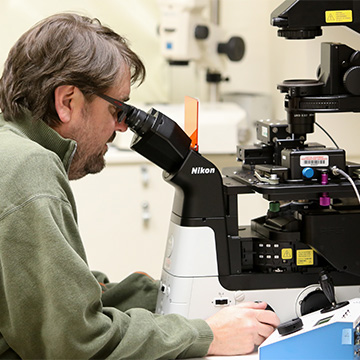Cytoskeleton Research
The cytoskeleton is a key component of eukaryotic cells and is comprised of intermediate filaments, actin filaments and microtubules. Together with molecular motors and a large number of regulatory proteins, the cytoskeleton provides mechanical strength, regulates signal transduction and provides a means of moving organelles and materials within the cell. It also provides the mechanical force for cell motility, cytokinesis, axonal transport and many other basic cellular functions.
Faculty in the department study:
- The dynamics of how these systems assemble and disassemble in response to physiological stimuli
- The structural and mechanical properties of the molecular motors
- The motors responsible for the various types of motility
- The accessory proteins that modulate microtubule and actin stability
- The role of the cytoskeleton in establishing cell polarity and directed cell migration
- How motile organelles are assembled and interact in a coordinated fashion
Rex Chisholm Lab
We are pursuing signal transduction studies to understand the physiologically important pathways that regulate cell motility and biophysical studies such as in vitro motility assays to understand how these molecular motors function at the molecular level.


Vladimir Gelfand Lab
The main interest of our laboratory is to understand how cargo transport is regulated, how multiple motors on the surface of the same cargo interact with each other and how motors and transport in general define cell shape and cell polarity.
Robert Goldman Lab
Our lab investigates the structure and function of intermediate filaments (IF), a major cytoskeletal component that plays a critical role in providing structural and mechanical support to the cell.


Brian Mitchell Lab
Our goal is to understand the integration of signaling and cytoskeletal dynamics on diverse developmental processes including centriole amplification, cell migration and cell polarity.
Ertuğrul Özbudak Lab
We aspire to elucidate the engineering principles controlling developmental pattern formation by integrating quantitative experiments with computational modeling.


Wilton Snead Lab
Our lab investigates how RNA influences biomolecular condensation and how these condensates regulate the RNA lifecycle—particularly focusing on how they control mRNA export from the nucleus and transport within the cytoplasm.